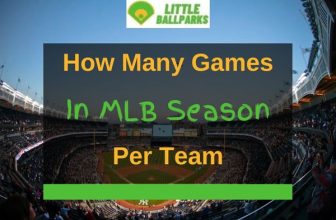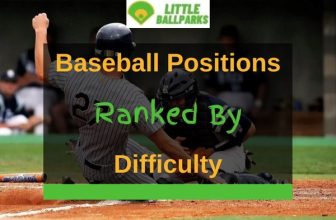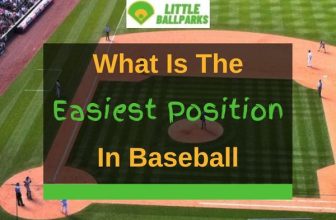When Do Baseball Games End?
In most cases, true baseball fans cherish every moment of each game and enjoy it no matter how much it lasts.
However, sometimes, particularly if it’s an unimportant game or a notably dull and slow one, it may seem that the end can’t come soon enough.
This is especially the case if you have other stuff to tend to after the game.
Nevertheless, as baseball doesn’t feature a time clock like other major sports, it’s often very difficult to estimate how much time is left in a game.
Planning your schedule around baseball games is even more complicated, as baseball rules predict several ways for a game to end.
So, when do baseball games end?
Table of Contents
When Do Baseball Games End?
The length of each game and the time of its conclusion depend on several factors. These factors can be of varied nature.
The current situation and score on the field, weather conditions, and the level of competition can all play a role in deciding at what moment will the game end.
Below, I’ll list the most common ways baseball games can end and how it influences the overall game length.
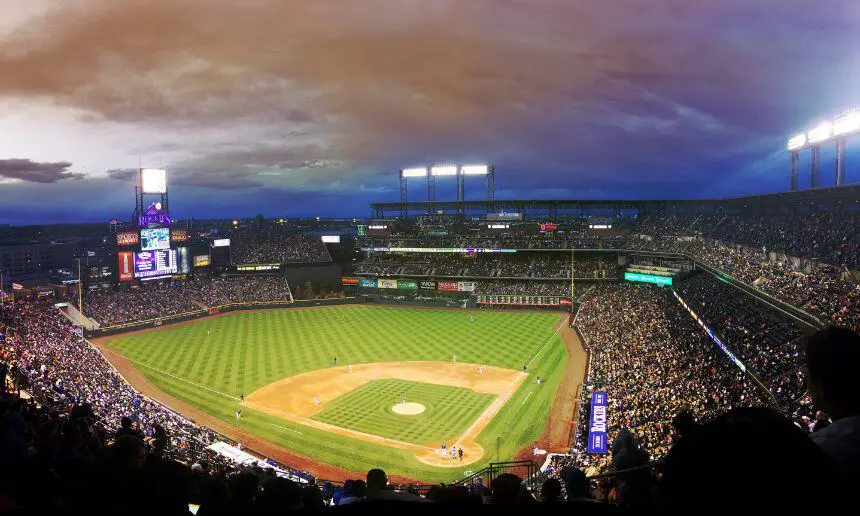
Ending After All the Regulation Innings Have Been Played
The most common way of ending a baseball game is after all the innings within a regulation game for a certain competition have been played out.
In the professional baseball and collegiate leagues, this means that the regulation game ends after full 9 innings, or after the competing teams have made 27 outs each.
In some other levels of baseball, such as high school or Little league, regulation games are usually shorter, lasting 7 innings (21 outs for each team) or even less.
It should be noted that if each team uses every out to finish the game, this almost always means that the away team is the winner, as the home team bats last.
So if the home team has to bat at the bottom of the ninth inning and three of their batters get an out, the opponents win, unless the score is tied.
Ending Before or During the Bottom Half of the Last Inning
In both professional and non-professional leagues, if the home team has the lead before the bottom of the last inning starts or gets ahead at any point of that inning, the game is over.
This happens because the home team is on the offense last, so if the away team is behind, there’s no way they can make up the score difference.
The visitors simply won’t get another chance to bat and score runs.
Of course, in these cases, the home team may only need to use 24, 25, or 26 outs for a 9-inning game or 18, 19, or 20 outs for 7 innings to win the game.
Ending after Extra Innings
With rare exceptions, a baseball game can’t end in a tie. This means that if a score is tied at the end of regulation innings, the game moves to extra innings.
If the game is not decided after the first extra inning, then another one is played and so on until the tie is broken.
So, in theory, baseball games can last forever, although this, of course, never happens in reality.
Still, there have been games throughout history that have spanned more than 20 innings and multiple days.
Some of the non-professional or youth leagues may have a limited number of extra innings that can be played or a time limit for the whole game.
If the game is not finished within that limit, the game is called a tie.
Inclement Weather
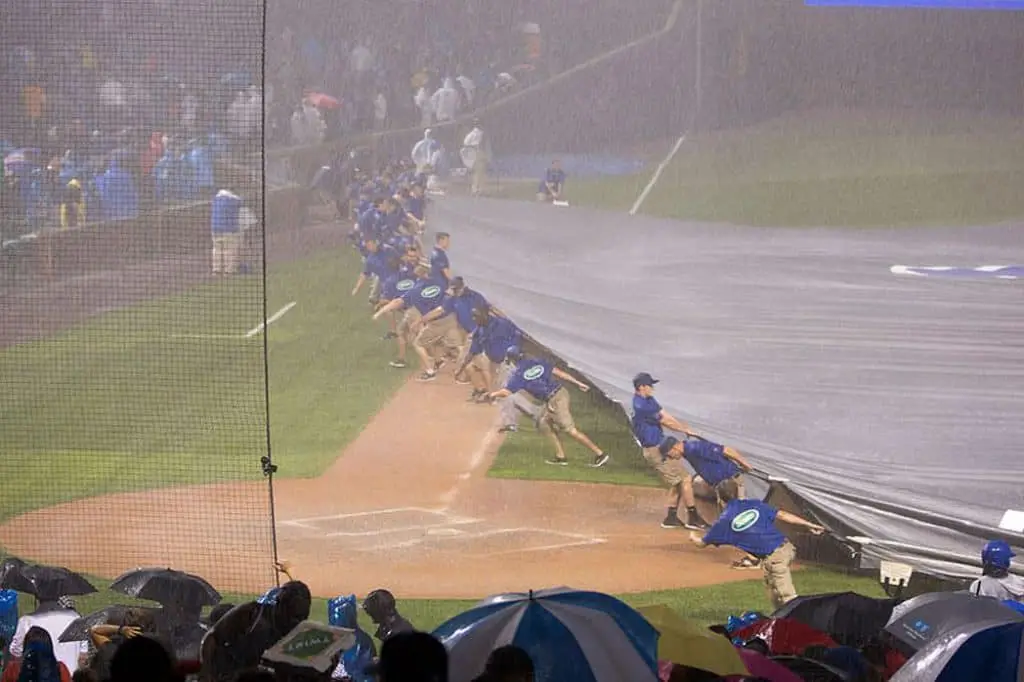
As baseball is played outdoors, on grass and dirt, heavy rain or similarly bad weather is usually a reason for the game to be abandoned.
If the game has already started and has been stopped due to bad weather it can either be called at the current result, postponed, or canceled, depending on at which point it was stopped.
In most pro leagues, the fifth inning is the threshold for the game and its result to be recognized as official.
So, if the bad weather ends the game early after the five innings or at the bottom of the fifth with the home team in the lead, it will be called at a current score.
In seven-inning games, this threshold is at four innings. If the game is stopped earlier, it can be suspended to continue at a later time or canceled and replayed from the start.
Forfeit
This situation typically only happens in non-professional and youth leagues, when certain teams are unable to have a full roster.
The most common situation is when a player gets injured and his team is unable to replace them.
There are some other reasons for forfeit, such as fighting, but they’re mostly rare.
In case of a forfeit, the game will end earlier, and, in most cases, it will be called a 1-0 defeat for the forfeiting team.
Mercy Rule
In some non-professional and youth leagues, the game can end early due to the “mercy” or 10-run rule.
This means that the game is stopped if one of the teams is ahead by 10 runs after the seventh (for 9-inning games) or fifth (for 7-inning games) inning.
When this happens, the team that’s ahead is declared a winner.
Time Limit
I already mentioned that some non-professional and youth leagues implement a time limit.
Due to the lack of lighting on the field or the age of players, the time limit can be set at two or three hours, depending on the length of the regulation game.
When the time limit expires, the team currently in the lead will be declared a winner. If the score is tied, then the game will end in a tie.
Sometimes, the game is allowed to go a bit over the time limit, but only until the current inning is finished.
Conclusion
With our modern, frantic way of life, it’s often difficult to set aside the time to watch a baseball game.
Particularly if you can’t know for sure when it will end.
As you can see, most games will last until the full 9 innings are completed, meaning that the total time will be around three hours.
However, in certain circumstances, the game can be cut short or extended beyond 9 innings.
This is usually not something that you can predict, so, often, the only thing you can do is hope that the length of the game will fit your schedule.

